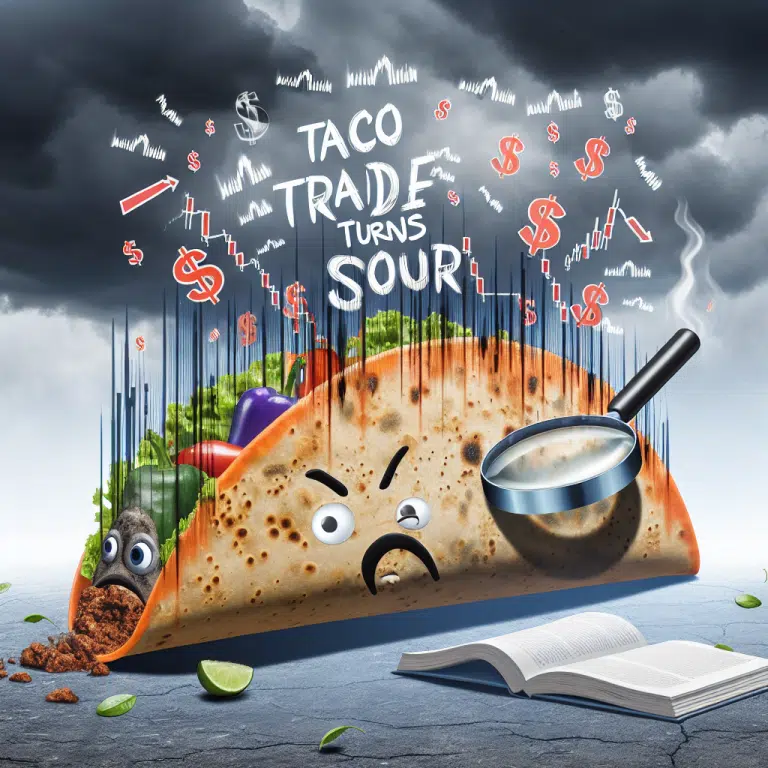How $1.787 Billion Powerball Jackpot Winners Face Varied Tax Bills: What Investors Need to Know About Potential Financial Impact
The recent $1.787 billion Powerball jackpot has two fortunate winners—one from Missouri and one from Texas—each facing a life-changing decision on how to claim their prize. But beyond the excitement lies a complex tax landscape that could dramatically impact their final take-home amount. Here’s what savvy investors and advisors need to know—and why this isn’t just a story about luck, but a masterclass in tax strategy and financial planning.
Lump Sum vs. Annuity: The Million-Dollar Question
Both winners can choose between a $410.3 million lump sum or an annuity totaling $893.5 million paid over 30 years, with payments increasing 5% annually. While the lump sum is the popular choice—over 70% of lottery winners historically opt for it—this might not be the wisest move.
Andrew Stoltmann, a seasoned lottery attorney, warns that many winners underestimate the benefits of the annuity. Why? Managing a massive lump sum requires robust financial infrastructure—think top-tier advisors, disciplined spending plans, and tax strategies. Without these, the risk of rapid depletion skyrockets. An annuity effectively acts as a forced savings plan, reducing the temptation to overspend and providing a steady income stream that grows with inflation.
Insight for Investors: Consider your financial discipline and advisory support before jumping to lump sum. For those without a trusted team, the annuity can be a safer, wealth-preserving option.
Tax Implications: The Hidden Drain on Your Jackpot
Federal tax withholding immediately claims 24% of any lottery payout over $5,000. For the lump sum, that’s roughly $98.5 million withheld upfront. But that’s just the start. The winners will almost certainly land in the highest federal tax bracket of 37% in 2025, applicable to incomes exceeding $626,350 for singles and $751,600 for joint filers.
Here’s the kicker: the 24% withholding is a prepayment, not the full tax. Winners will owe additional taxes when filing returns, potentially millions more, depending on deductions and other income. The recent tax reforms, including President Trump’s increase in the standard deduction to $40,000 for 2025, may cushion some of the blow, but the tax bite remains substantial.
Missouri’s winner faces an extra state tax hurdle. Missouri’s top income tax rate is 4.7%, and the state withholds 4% upfront on winnings over $600. This could mean an additional $16.4 million or more in state taxes if the lump sum is chosen. Texas, by contrast, offers a tax haven for lottery winners—no state income tax means millions saved.
What This Means for Advisors: Tax planning is not optional here. Winners must engage tax professionals immediately to strategize on minimizing their tax liabilities through trusts, charitable giving, or other vehicles.
Broader Implications for Investors
This jackpot scenario highlights a broader trend: the importance of proactive, expert financial planning when sudden wealth arrives. According to Fidelity’s latest data, the number of 401(k) millionaires in the U.S. hit a record high recently, with average holdings also at an all-time peak. This surge in wealth underscores the need for sophisticated tax and estate planning—not just for lottery winners but for anyone experiencing a significant financial windfall.
What’s Next?
-
Build Your Team Now: If you’re an advisor, this is a clarion call to position yourself as the go-to expert for sudden wealth clients. Develop a network including tax attorneys, estate planners, and investment managers.
-
Educate Clients on Annuities: Many clients don’t understand the long-term benefits of annuities versus lump sums. Use this Powerball example as a teaching moment.
-
Plan for Taxes Early: Encourage clients to think beyond immediate tax withholding. Advanced strategies like charitable remainder trusts or donor-advised funds can help reduce taxable income.
-
Watch Upcoming Lotteries: With Mega Millions jackpots climbing (currently estimated at $358 million), more sudden wealth stories are on the horizon. Investors should be ready.
Final Thought
Winning a multi-hundred million jackpot is life-altering, but without smart planning, it can quickly become a financial nightmare. At Extreme Investor Network, we believe the real jackpot is knowledge—arming yourself with expert advice before the check arrives. Because when opportunity knocks, only the prepared prosper.
Sources:
- CNBC on lottery tax implications
- IRS Tax Brackets for 2025
- Fidelity Investments’ 401(k) Millionaire Report 2024
By understanding the nuances of tax and payout options, investors and advisors can turn luck into lasting wealth. Don’t just chase jackpots—chase financial wisdom.
Source: $1.787 billion Powerball jackpot winners could pay different tax bills







